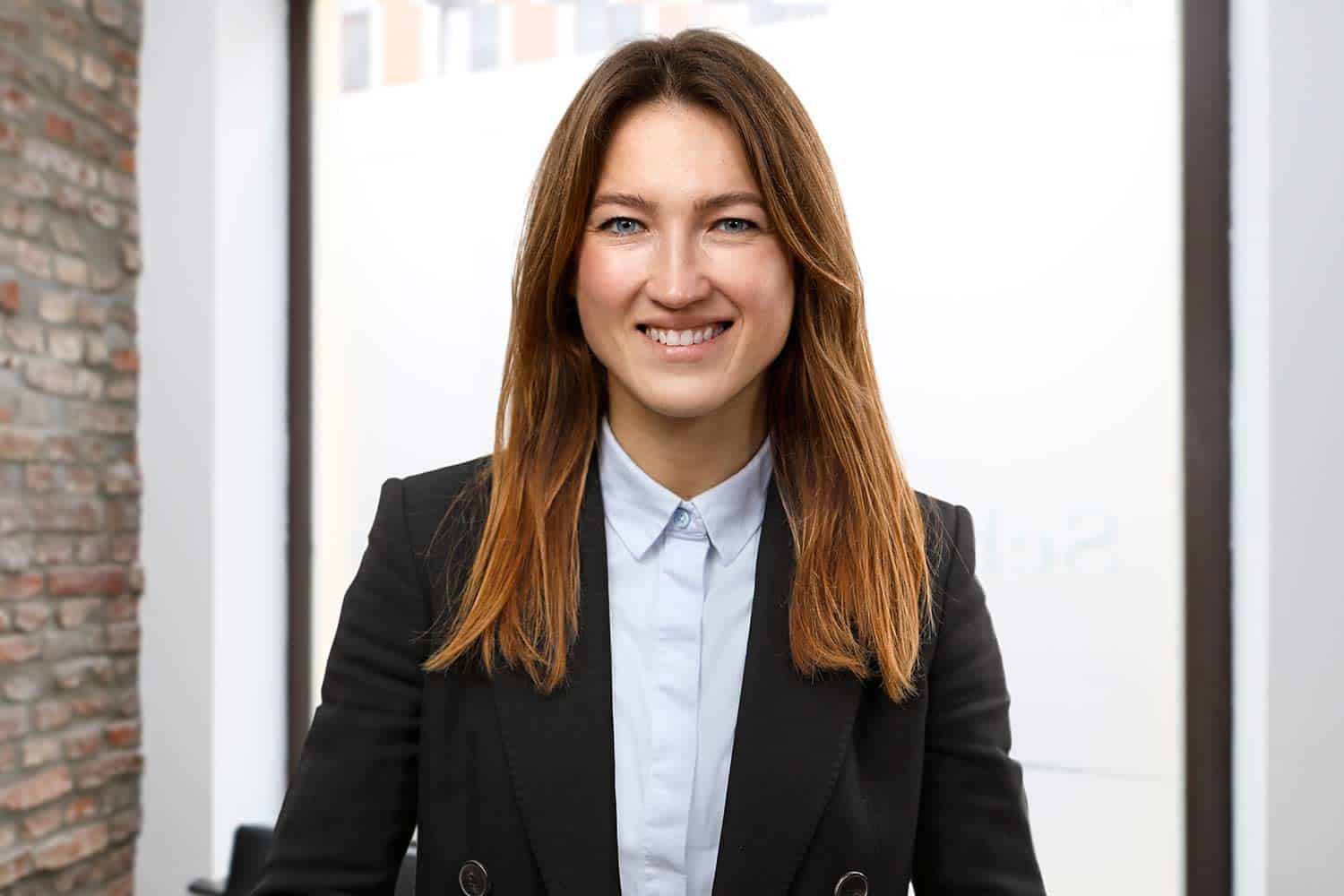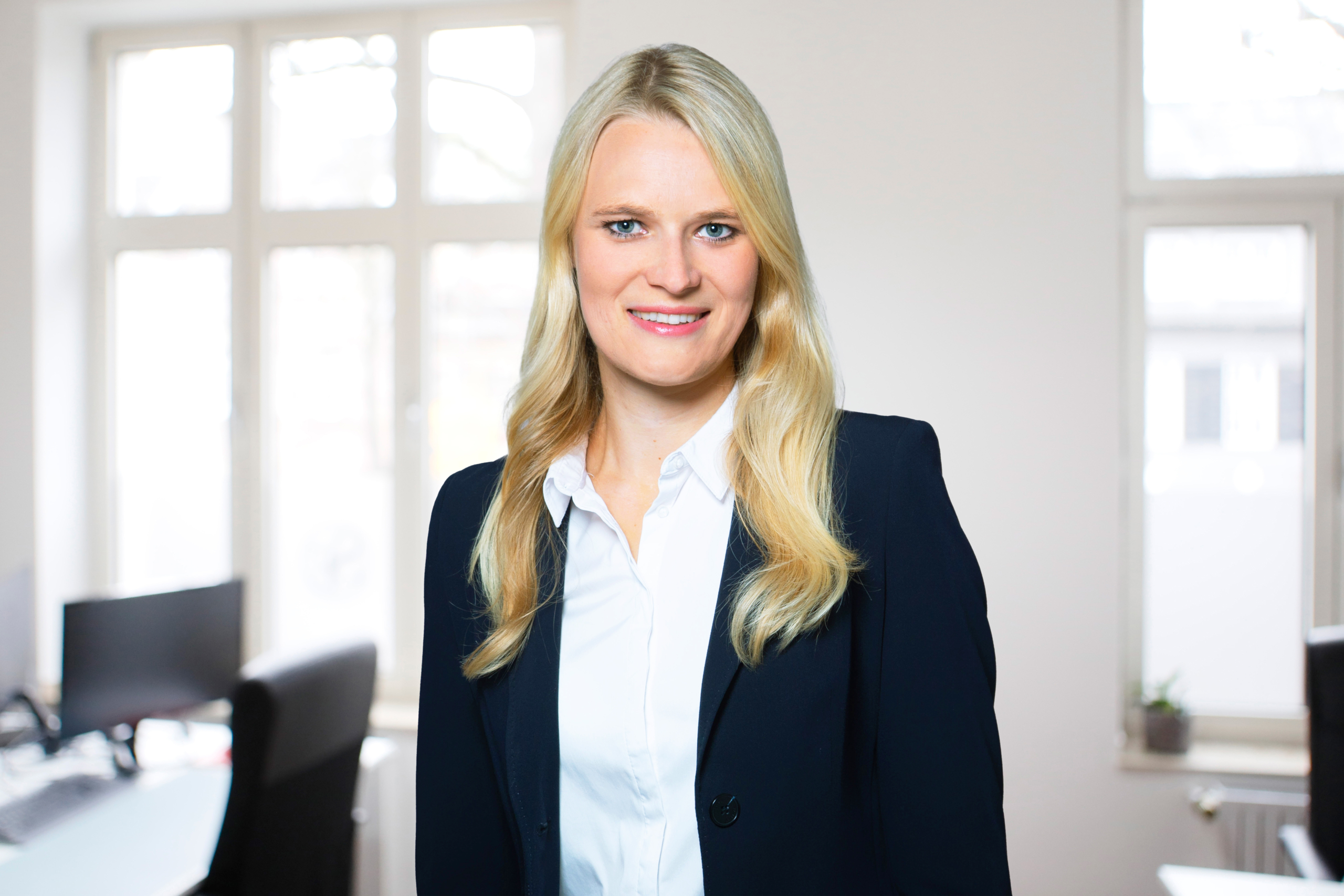Stepchild adoption is a legal process in which a spouse or partner adopts their partner’s child. This crucial step strengthens the legal relationship between the stepparent and the stepchild and clarifies all rights and obligations. According to the German Federal Statistical Office (Statistisches Bundesamt), stepchild adoptions accounted for two-thirds of all adoptions in 2021 – and the tendency has been rising for years.
Schlun & Elseven Rechtsanwälte offers skilled and committed legal assistance to provide our clients with the clarity they need regarding the procedure that awaits them and the legal consequences of adoption. Our German family lawyers have extensive experience dealing with the relevant adoption agencies. They will ensure that the adoption process runs as smoothly as possible and that you fulfil all formal requirements. We will work on your behalf to ensure that your rights and interests are always protected and that nothing stands in the way of your family’s happiness.
What is Stepchild Adoption Exactly?
Classically, the term “stepchild adoption” refers to the case in which one of the spouses has a child to be adopted by the other spouse. The case where there is no marriage but only a civil partnership is also to be understood as stepchild adoption. Stepchild adoptions are also possible in a patchwork family. If a stepparent has already adopted the child and this parent remarries or enters a civil partnership, the new partner can also adopt the child, which is also considered a stepchild adoption. No distinction is made between opposite-sex and same-sex spouses or civil partners.
In any case, the adoption is related to underage and adult children. In addition to the most common option of adopting underage children, there is also the option of adopting an adult, which, of course, also applies to stepchild adoption.
Legal Framework for Stepchild Adoption
The general conditions of adoption also apply to stepchild adoption. The following applies: Adoption is admissible if it serves the best interests of the child and it is to be expected that a parent-child relationship will arise between the adoptive parent and the child. (Section 1741 para. 1 sentence 1 of the German Civil Code, BGB)
In contrast to third-party adoption, where the German law stipulates that the adopting parent must be at least 25 years old, a stepparent may adopt their partner’s child if one of the parents is 25 years old and the other is at least 21 years old, see Section 1743 BGB.
Both the child’s parents and the child itself – or, in the case of legal incapacity, its legal representatives – must consent to the (stepchild) adoption. The child must also be at least eight weeks old, Section 1747 para. 2 BGB.
Section 9a of the German Act on Adoption Placement and Support and on the Prohibition of Surrogacy Placement (AdVermiG) makes it mandatory for stepchild adoptions that both the parents of the child-to-be-adopted, the adopter and the child must receive counselling from the adoption agency before the adoption. This counselling obligation does not apply if the adopting parent is married to the child’s parent at birth.
The adoption procedure itself is the same for all types of adoption. Part of the procedure is the foster care period following Section 1744 BGB, which precedes the adoption and is intended to familiarise the child with the family. It is at the family court’s discretion to determine how long such an adoption care period should be. In the case of a stepchild adoption, the fostering period consists of continuing the previous cohabitation. It is usually significantly shorter, at least if they have lived together for several years.
It must be considered that an adoption that has already occurred – regardless of the continuation of the parents’ relationship – remains in place. The stepparent who has adopted the child remains a parent even if they are no longer in a relationship with the other parent. In addition, the adoption leads to the legal relationship between the child and the previously biological parent, and their relatives being terminated. This impacts parental custody and access rights, maintenance claims and aspects of inheritance law. If the previous parent is deceased, there is an exception: the relationship to the last parent does not cease. This gives the child an additional line of kinship without the legal connection to the deceased parent and their other relatives being severed.
Special Aspects of Stepchild Adoption for Same-Sex (Married) Couples
In principle, there is no difference in the possibility of (stepchild) adoption compared to opposite-sex couples. However, in addition to the constellation described above, there is another case group of stepchild adoption:
The German law stipulates that a child has a mother and a father. The mother is the person who gives birth to the child, Section 1591 BGB. The father is the person who is married to the child’s mother at the time of birth, Section 1592 no. 1 BGB. This is the primary definition of paternity. So, if a woman is married at birth, her husband is considered the father by law. This does not depend on a genetic relationship. When same-sex marriage equality was permitted by law in 2017 in Germany, Sections 1591 et seq. BGB were not amended. This means that the wife of the woman giving birth is not automatically considered a co-mother by law, and the husband of the recognised father is not automatically considered a co-father by law. However, co-parenthoods that already existed based on a foreign decision have been recognised by German courts on several occasions without (stepchild) adoption proceedings.
Current Developments on the Constitutionality of Sections 1591 et seq. BGB
The unique feature is, therefore, the necessity of a (stepchild) adoption, which does not exist for opposite-sex married couples. Since the possibility of same-sex registered partnerships, but at the latest since the introduction of same-sex marriage, it has been disputed whether the necessity of adoption for same-sex couples in contrast to opposite-sex couples does not violate the principle of equality under Article 3 of the German Basic Law (GG). Several courts have already ruled on this question. 2018, such a case came before the German Federal Court of Justice (BGH). It argued that although the legislator had introduced same-sex marriage, the requirements for an analogous application of the parentage regulations did not exist because the legislator had deliberately only changed the laws for marriage, but not for parentage.
In 2021, however, the Higher Regional Court of Celle found, contrary to the opinion of the Federal Court of Justice, that an interpretation or analogous application of Section 1592 No. 1 of the German Civil Code to establish co-maternity is not possible, therefore the Senate thought that the provision was incompatible with the German Basic Law. The court referred the question to the German Federal Constitutional Court for a decision. Other courts have also referred the question to the Federal Constitutional Court, which has yet to reach a conclusion. The answer remains to be seen. The proceedings are being conducted under case number 1BvL 1/23.

Practice Group: German Family Law
Practice Group:
German Family Law
Contact our Lawyers for German Family Law
Please use our online form to outline your request to us. After receiving your request, we will make a brief initial assessment based on the facts described and provide you with a cost offer. You can then decide whether you would like to engage our services.








